As the years go by and we at The B&B Team do our work for current and aspiring innkeepers, there is one issue which never fails to perplex and which is so fundamentally important that we thought we should cover the topic again, briefly. That topic is about the basics of inn valuation.
If you own an inn or hope to some day, you need to have an exit strategy founded on sound principles. If the goal of an exit strategy is one day to sell your inn, you need to know what you will be selling and how the marketplace values it. Fundamentally there are two basic property types in the Innkeeping world: residential and commercial. Smaller B&B's are generally residential, and larger, viable inns and inn businesses are commercial. Each will be valued and financed differently.
Residential real estate is valued based on what the marketplace is willing to pay to live in a given house on a given street and is only limited by supply and demand. The result is that most smaller B&Bs, which are very desirable as homes and have limited income, are worth more as a residence than a business. In fact, they are generally only worth the sum of the real estate and the furnishings. Sellers of smaller B&B's should consider an exit strategy founded upon selling their wonderful home and hoping someone will take over the "business" even if they don't pay you for it. Like most small businesses, when you are done, you are most likely to close your doors and take down the sign, gratified in having enjoyed your Innkeeping experience.
On the other hand, owners of larger, viable inns must remember that buyers are looking for a business, not a house, and everything about their purchase and evaluation will hinge on revenue. Where the smaller inns can and should take advantage of every possible tax shelter, as this is a significant financial benefit of ownership, owners of larger inns should keep bottom line profits in mind as a priority over avoiding paying taxes.
Lenders will want to see three years' tax returns to verify income statements, so it's never too late to begin operating your business like a business. If that means you have to pay some taxes, so be it. Modest increases in net operating income can generate a ten-fold increase in value, dollar for dollar. The increase in value will far outstrip the short term benefits of the tax savings, so report all your earnings and don't pad your operating expenses with personal items. This excludes line items like depreciation, rent you pay yourself, interest expense, and other legitimate deductions.
If you remember these simple principles, you'll enjoy a far more swift and profitable exit when the time comes to move on to your next great adventure!





